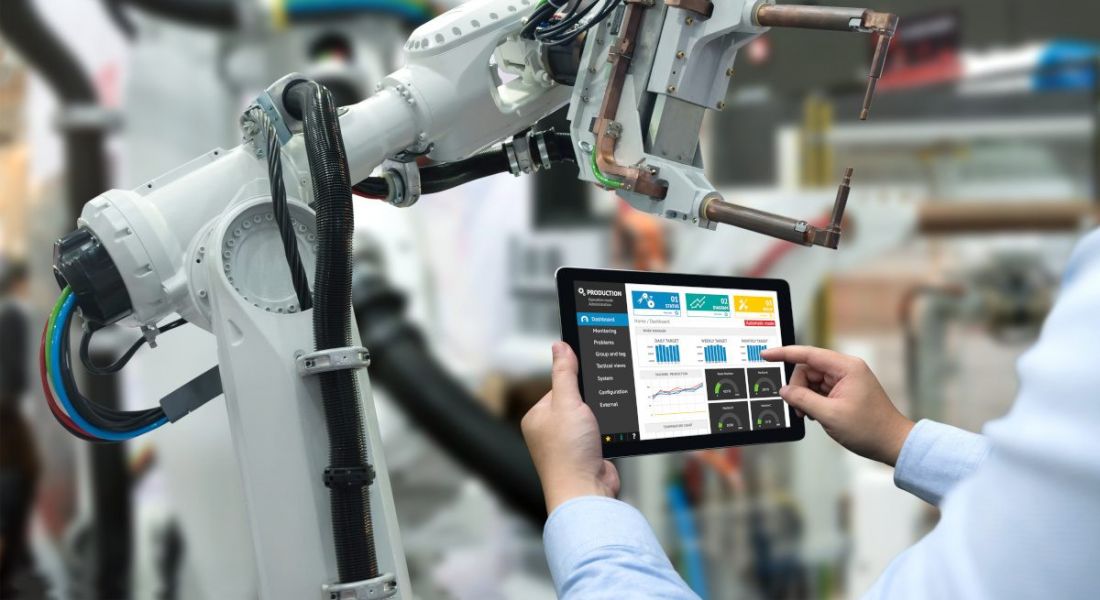Forrester suggests that an ageing population and lost productivity from the pandemic are accelerating the rise of automation in Europe.
Around a third of jobs (34pc) across Europe could be at risk from the rise of automation and 12m jobs will be lost across five European countries by 2040, according to a new report.
Research company Forrester said various factors including the Covid-19 pandemic are pressuring European businesses to invest more in automation. Its report focused on five countries; France, Germany, Italy, Spain and the UK (referred to as the Europe-5).
Forrester’s Future of Jobs Forecast 2020 to 2040 said that workers with little bargaining power are most at risk to displacement, such as those in zero-hour contracts in the UK or part-time jobs with low wages such as ‘mini jobs’ in Germany.
It predicts that automation will impact European workers in wholesale, retail, transport, accommodation, food services, leisure and hospitality. However, growing industries such as green energy and automation will create 9m new jobs in Europe-5 by 2040, specifically in clean energy, clean buildings and smart cities.
“Lost productivity due to Covid-19 is forcing companies globally to automate manual processes and improve remote work,” said Michael O’Grady, principal forecast analyst at Forrester. “The pandemic is just one factor that will shape the future of work in Europe over the next two decades, however.”
The report described Europe’s ageing population as a “demographic time bomb” and said Europe-5 will have 30m fewer people of working age by 2050 compared to 2020. It added that automation is necessary to fill in the gaps of an ageing workforce.
The analysis suggested mid-skill jobs involving routine tasks are most at risk of automation. These routine jobs make up 38pc of the workforce in Germany, 34pc in France and 31pc in the UK, Forrester said. In total, 49m jobs like this are at risk in Europe-5.
“European organisations are also in a particularly strong position to embrace automation because of Europe’s declining working-age population and the high number of routine low-skilled jobs that can be easily automated,” O’Grady said.
“Automation will subsequently become integral to how European governments and employers look at their competitiveness and manage their older demographic.”
Rather than looking at automation as a substitute for a job, Forrester believes organisations are starting to assess both people and machine skills when executing different tasks such as managing, updating HR systems or designing training programmes. While certain jobs will be lost from automation, new jobs will be created as different skills become desirable.
It added that soft skills such as active learning, resilience, stress tolerance and flexibility – which robots aren’t known for – will complement worker automation tasks.
Forrester predicts that European businesses will invest between €2.4bn and €3.3bn in automation to boost productivity in 2022.
Don’t miss out on the knowledge you need to succeed. Sign up for the Daily Brief, Silicon Republic’s digest of need-to-know sci-tech news.




